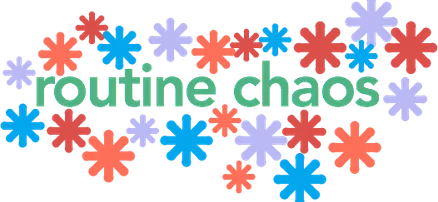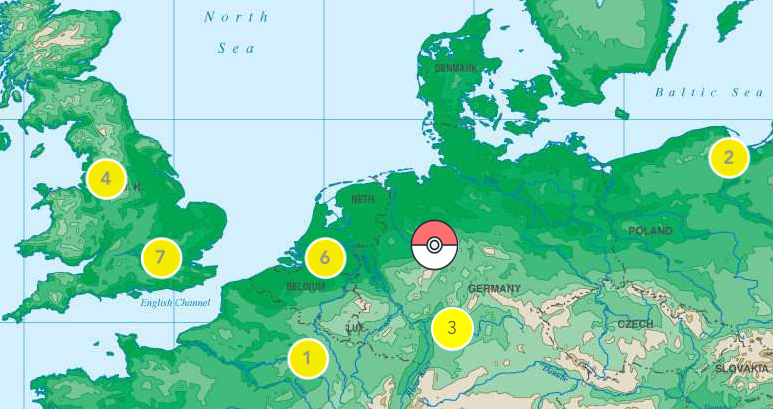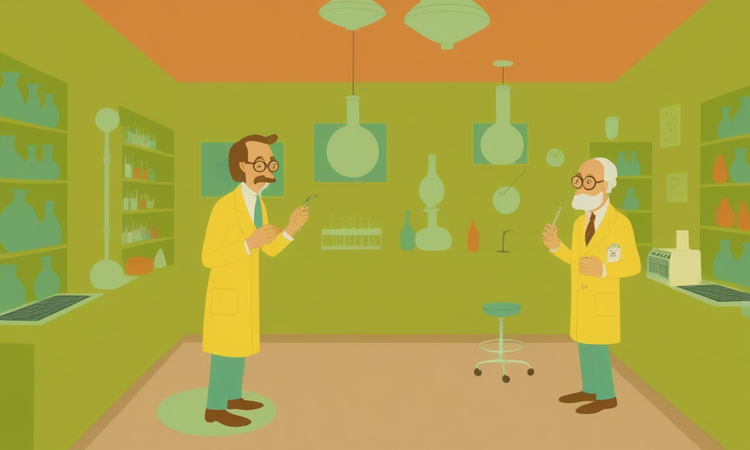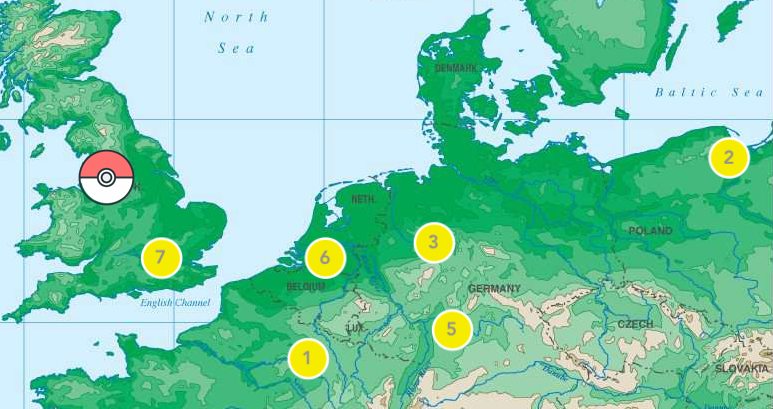Education & Freedom
Over the past couple months, I’ve been traveling extensively both for work and for pleasure. All of which:
A) Meant I didn’t write anything new to share here, and
B) Gave me a bit more space than normal for general reflection and personal well-being.
When I have the time, one of the rabbit holes my mind ends up going down is the question, “just how did I get here?” Like, what are the strands of existence that actually came together such that the facts of my life are true. This comes out even more prominently when I’m around extended family, and we rocked three different family reunions in three different Colorado mountain towns in the month of August, so I have some thoughts. Don’t worry, I’m not going to lay them all on you. Just one that’s deeply related to education - mine specifically, but maybe systems more generally.
All systems are, to some extent, a game (which may explain a bit about why I have some issues with gamification). I think it’s because of my father that I internalized at some point very early in life that you can either play the game the system intends, or you can come up with your own game that works within the system and play that one instead. I tend to opt for the latter.
I bet many of us know the games we’re meant to play as we conclude our secondary school education: load up on those AP/IB/Advanced/A Level courses, get into those leadership roles in as many clubs & societies as possible, and overall just polish up that college application.
I’m not here to critique that game (too much - except to say that it’s a game whose implicit rules tend to advantage the already privileged, but that has little bearing on my own story as a cis white male raised in the suburbs). I just remember that as a teenager I couldn’t bring myself to play it. Dad was a university professor of high ideals, and he had imparted to his children the love of learning for its own sake, while developing in us rigorous critical faculties for thinking and engaging with the world. When it came time to get on the college prep pathway of loading up on AP courses, though, I mostly opted out. The problem, as I saw it, was that the college prep courses didn’t let me learn about the things that I was interested in. And they especially didn’t appeal to the way that I wanted to learn - I wanted to make and build and do and connect concepts to lived practice, not just internalize formulas in preparation for a high stakes test.
I was fortunate: when I think back on the English & Language Arts faculty at my public secondary school, I now see that it was among the finest anywhere in the world. Four of those teachers - Mr. Anthony Maite, Mrs. Regina Meyer, Mrs. Diana Vance, and Mrs. Robin Brenneman - conspired with me to craft a different game than the one that everyone else was playing. Every one of them supervised an independent study course for me, helping me define projects and areas of study that fit within my interests. In doing so, they also challenged me based on my individual ability level rather than a general standard.
Mr. Maite worked with me to build an entirely different pathway through a course I was required to take (which he happened to teach...not a coincidence that I ended up there). Mrs. Meyer gave me the recommended reading list for the AP literature courses that I didn’t take, and then just let me sign up for the AP tests if I wanted. Mrs. Vance helped me track down obscure texts in local public libraries. Mrs. Brenneman savaged my projects...and then always gave the most helpful feedback & guidance.
These people kind of ruined college for me (and I couldn’t be more grateful for it): when I eventually enrolled in university the projects were rarely as meaningful, the feedback rarely as personal, and that idea that “at university you have to take responsibility for you own education” - they helped me get on top of that when I was 16.
I promise this isn’t just sentimental reflection. I promise this belongs in this newsletter about product & education, because here’s the thing: I got this experience because of people bending the system to make it work for me, but product in education is ecosystem building, and I’m curious about the different elements of an ecosystem that we could build to make this less of an exceptional case and more of a systemic solution. Which isn’t to say that I think this would be the right system for everyone, but I do think it could be a better system for a lot more people than we might imagine if we can just shift our paradigm a little bit.
(BTW, there’s another “Buzzwords that won’t die” article in me around the term “personalization.” Let me just foreshadow a bit: none of what I’ve mentioned above is really about how to let someone move at their own pace through a standard curriculum)
What are some of the elements that would be necessary in the kind of products that would build a radically student-driven learning journey? Looking at my own experience, I can pull out a few strands:
• Autonomy - making the process of learning dialogic between the learner and the teacher (and possibly even peers, if the environment wasn’t purely focused on individual outcomes?). This can apply to the “content,” but also the assessments in what is measured and how.
• Authentic assessment - ways of assessing capabilities in application, and assessing them on a dynamic spectrum so that it’s not just a binary with a defined maximum.
• Light touch guidance - providing minimal initial guidance and then redirection, correction, or stimulation as needed rather than defining a rigid pathway forward.
• Rich feedback - integrating qualitative definitions of strength and growth alongside quantitative measures of achievement.
• Starting from inquiry - rather than beginning with information to be consumed, starting from questions to be explored.
To be clear, we all know of environments that exist that exemplify all of these things (and if you don’t, check out some of the links below), but most of those environments aren’t broadly accessible. And this isn’t a challenge that has only a product- or design- based solution, but if we want to think about what systems for empowering education look like, they’ll need products to support their vision and principles.
Some dank links…
- The Agora School in Holland sounds like a dream. The Dutch, they really do everything better, don’t they?
- Todd Rose’s book The End of Average is a good lens for thinking about how to move away from “one size fits all” systems to those that are more built around the learner.
- Apropos of nothing, the latest issue of Craig Mod’s newsletter Roden on the implicit contacts we enter into with different types of media is just so good. About once a month, Craig drops a 3000-5000 word essay that is always worth the time investment.





